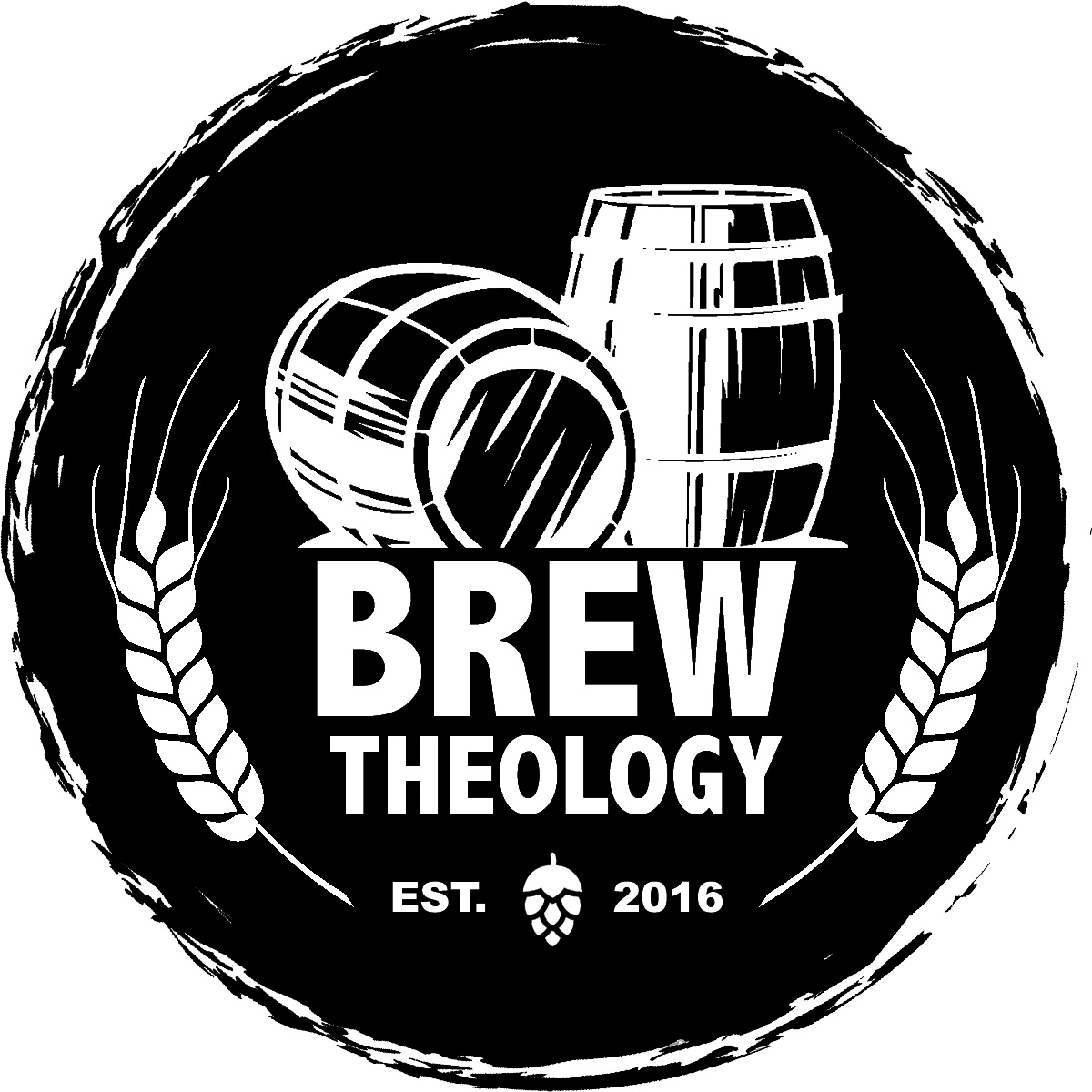Who is God?
The most pervasively haunting and thrilling question asked throughout the ages continues to be, “Who is God?”
Perhaps this has led to other questions such as, “What is God?"
Or “How is God?”
Is God an event?
Is God, as theologian Paul Tillich once coined, “the ground of being?”
Is God the “Unmoved Mover?” to echo Aquinas?
Do you literally visualize God as an actual being?
If so, does this God have all of the power, some of the power, limited power or shared power?
Perhaps you feel more in touch with the eastern/ apophatic tradition and do not like to use words to describe the ineffable deity that transcends any kind of finite reasoning?
And what if God was one of us… Just a slob like one of us… Thank you, Joan Osborne, for the song that will naturally be replayed in your head until you fall asleep tonight.
Does our idea(s) of God reflect our current state in life?
Have you ever stopped to consider how much anthropology plays into your theology?
I posed the question on Facebook yesterday, what do you think of the concept, “We ARE who we say God IS?”
Let's go back to the question, “Who do you say God IS?”
If we are genuine in our answer, is there naturally a reflection of the self in the divine mirror?
Some may wonder like the German philosopher, Ludwig Feuerbach, do we simply do a lot of projecting, thus negating our own pure humanistic qualities and potentiality? Feuerbach believes that, "If man is to find contentment in God he must find himself in God." Thus, “God” becomes human in this external projection of this internally complicated human disposition.
Last night, I (Ryan) had the pleasure to interview Eric Hall, author of Homebrewed Christianity Guide to God: Everything You Ever Wanted to know about the Almighty. Stay tuned for that Brew Theology Podcast in the weeks ahead, folks. It was a fun conversation.
Eric starts the book by moving the reader through, what he refers to, one’s grandparent’s patheon, and dismissing the notion of God as a cosmic vending machine.
Is God like Mr. Miyagi, as likened to classical theism: absolute intellect (Spoiler Alert: Eric likes Miyagee with some Voltron qualities)?
Eric hysterically speaks of some people’s God compared to a Jersey Shore-esque absolute willed deity!
And what about the retried Oprah, a transcendent deity who is set for life and is chilling while the clock ticks…?
Seriously, if you haven’t picked up Eric’s book, you’ll enjoy it for the familiarly clever pop references, alone!
Some deconstructionists may have dismissed the picture(s) of God, mentioned above. Others may have gravitated toward a mash of other godly images such as the Hippie Aunt God, which Hall refers to as the open and relational – process philosophy – deity that emerges into a cosmic drum circle. C’mon! Who doesn’t have a really cool hippie aunt who lives in Eugene, OR and makes the world a more beautiful place (true story for me)? Eric brings forth a Joan of Arc picture of God that deconstructs the Jersey Shore God, as "The Situation" goes through rehab, having a Face Off transplant (You know. Like that late 90's movie with John Travolta and Nicholas Cage, back when they were still cool.). In this light, Joan of Arc - God defies your expectations and becomes your new way of seeing the world (i.e. Jesus of Nazareth).
While all of these ideas and pictures of trying to articulate the ins and outs of God in winsome ways are loads of fun, I won’t give away the ending to Eric’s hopilicious, barrel-aged deistic tendencies; I will say that defining God is not an easy thing regardless of one’s place in the academic, pastoral or every-day person’s world. I think many of us can say that some of these images and thoughts have been helpful at times along the journey, while many definitions of God have simply been hurtful and irrelevant beyond measure in other seasons in life.
We could even say, “God is love” just like it says in the 'ole B.I.B.L.E.
At this endeavor, we would need to define love, which is always a fantastic way of getting raw and earthy and practical, which is my favorite kind of theology.
So, what is God?
What is love?
Does it even matter?
I’d love to hear from you.
Peace



